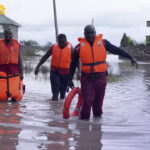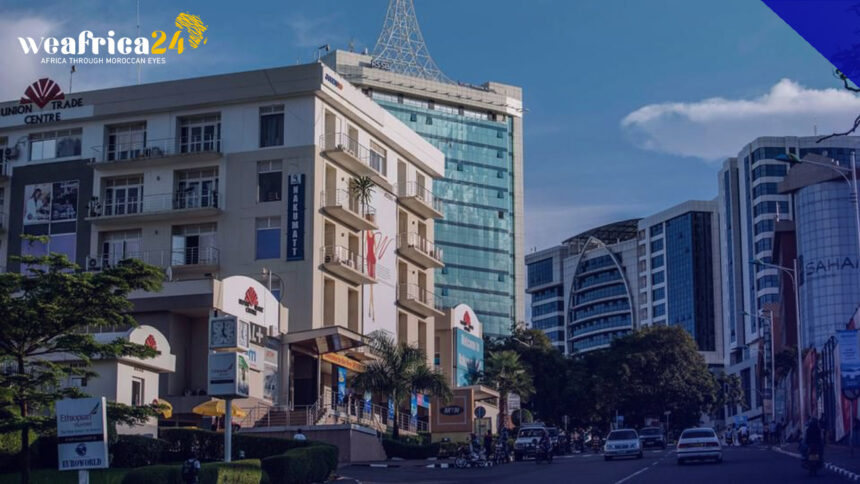Rwanda, a small landlocked country in East Africa, has made remarkable strides in economic development over the past few decades. Despite its tragic history of the 1994 genocide, Rwanda has emerged as a shining example of resilience and progress, with a growing economy that has consistently outperformed many of its African counterparts. Through visionary leadership, strategic policies, and focused efforts toward sustainable development, Rwanda has transformed its economy and is now considered one of the fastest-growing economies in Africa.
Post-Genocide Economic Recovery
The genocide that occurred in Rwanda in 1994 resulted in the loss of over 800,000 lives and left the country devastated. The economic infrastructure was severely damaged, and the social fabric was shattered. However, since then, Rwanda has made remarkable strides in rebuilding its economy and society. The government, under the leadership of President Paul Kagame, embarked on a path of economic recovery and reconciliation.
One of the key pillars of Rwanda’s economic recovery has been the promotion of social cohesion and inclusivity. The government has implemented policies that focus on fostering national unity, healing the wounds of the past, and promoting social harmony. This has created a stable environment conducive to economic growth and development.
Diversification of the Economy
Rwanda has been successful in diversifying its economy beyond agriculture, which was the dominant sector of the economy. The government has placed a strong emphasis on developing other sectors such as tourism, manufacturing, and services. This diversification has helped to reduce the country’s reliance on subsistence agriculture and has created new economic opportunities for its citizens.
The tourism sector has emerged as a major contributor to Rwanda’s economic growth. The country is known for its unique mountain gorilla population, and tourism centered around gorilla trekking has become a significant source of revenue. Rwanda has also invested in developing its hospitality and conference industries, attracting international visitors and boosting its tourism revenue.
Manufacturing has also been a focus of Rwanda’s economic development strategy. The government has implemented policies to promote domestic manufacturing and has attracted foreign investment in sectors such as textiles, agribusiness, and construction materials. This has helped to create jobs, generate export revenue, and enhance the country’s industrial capabilities.
Innovation and Technology-Driven Growth
Rwanda has embraced innovation and technology as drivers of economic growth. The government has invested heavily in information and communication technology (ICT) infrastructure, making Rwanda one of the most connected countries in Africa. This has facilitated the growth of the digital economy, including e-commerce, fintech, and e-governance.
Rwanda has also been at the forefront of using technology to promote efficiency and transparency in governance. The government has implemented various e-governance initiatives, such as online tax payment systems, digital land registration, and electronic health records. These efforts have not only improved the ease of doing business but also reduced corruption and promoted accountability.
Investment in Human Capital
Rwanda recognizes the importance of investing in its human capital as a key driver of economic development. The government has placed a strong emphasis on education and skills development, with a focus on providing quality education and vocational training to its citizens.
Rwanda has made significant progress in improving its education system, with a high enrollment rate in primary education and increasing access to secondary and tertiary education. The country has also implemented initiatives to promote science, technology, engineering, and mathematics (STEM) education, to create a skilled workforce that can contribute to the country’s growing sectors such as ICT and manufacturing.
Inclusive Growth and Poverty Reduction
Rwanda has made significant strides in poverty reduction and inclusive growth. The government has implemented policies and programs that aim to uplift the livelihoods of the rural poor, empower women, and promote social.







